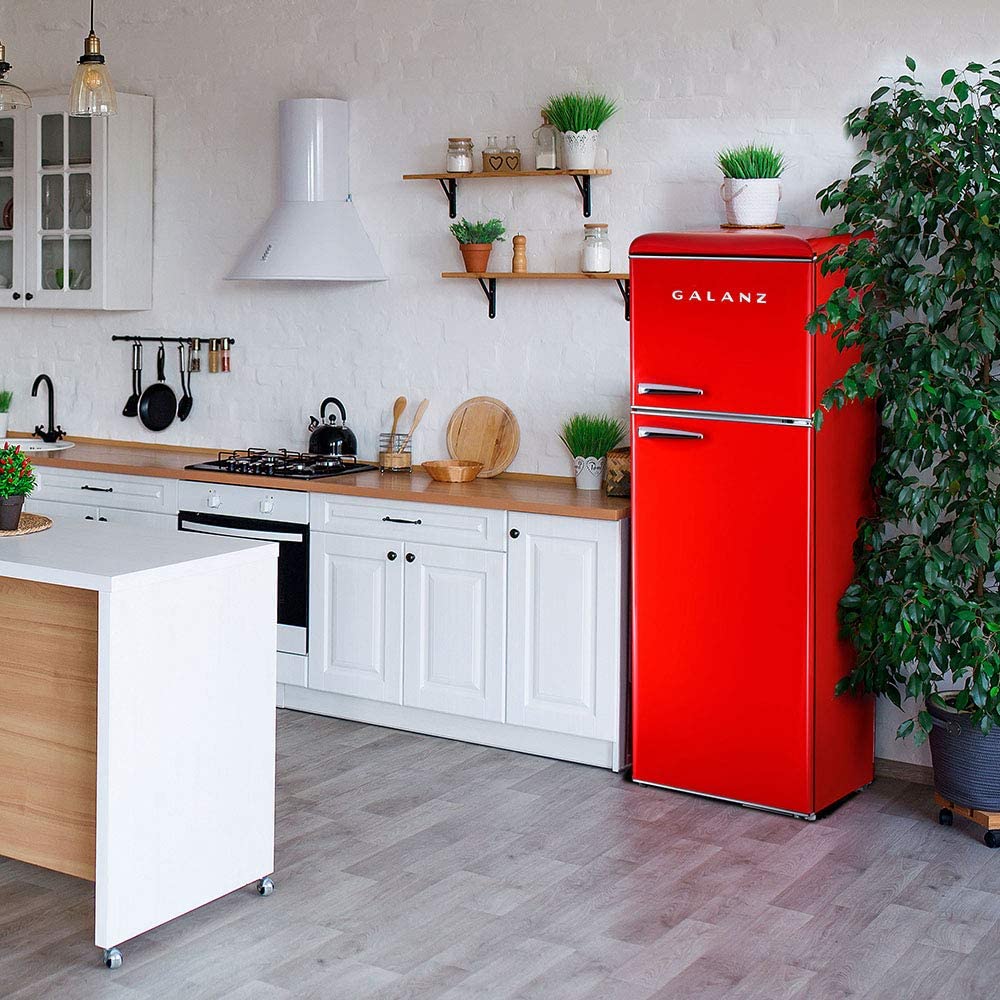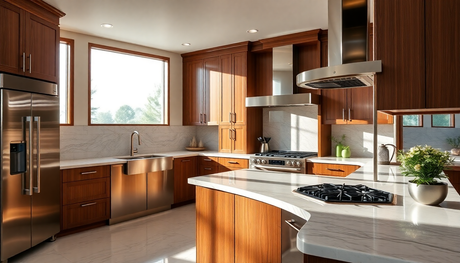In today's modern society, refrigerators are found in almost every household, enabling us to preserve and store perishable food more efficiently. However, the journey that led to the creation of the fridge was a result of continuous experimentation, innovation, and technological advancements. Join us as we delve into the captivating history of fridges, tracing their origins and the milestones that revolutionized home life forever.
-
The Birth of the Icebox: The concept of refrigeration can be traced back to ancient times, where various cultures utilized natural ice and snow to preserve food. However, the birth of the modern refrigerator can be attributed to the 19th century invention known as the icebox. These early models consisted of an insulated chamber that housed a block of ice, allowing it to maintain a cool temperature.
-
Mechanical Cooling Systems: The progression from the icebox to the mechanical refrigeration system marked a turning point in refrigerator history. The first major breakthrough came in the late 19th century with the invention of the vapor-compression refrigeration cycle by Carl von Linde. This principle, employing the circulation of a refrigerant, laid the foundation for modern-day cooling systems.
-
The Arrival of Compact Electric Fridges: The development of electric refrigeration represented a significant leap forward in the history of fridges. In 1913, Fred W. Wolf Jr. created the first home mechanical refrigerator known as the "Domelre." This paved the way for further innovation, with the introduction of small-scale electric fridges during the 1920s and 1930s. These models not only proved more efficient but also led to more widespread adoption.
-
Post-WWII Advancements: Following World War II, technological advancements accelerated the evolution of refrigerators. The introduction of freon refrigerants, pioneered by Thomas Midgley Jr., improved cooling efficiency and made fridges more accessible for a wider audience. Additionally, manufacturers started developing features like automatic defrosting, adjustable temperature controls, and increased storage capacity, catering to the growing needs of households.
-
Energy Efficiency and Environmental Concerns: As the demand for refrigeration increased, so did the need for energy-efficient and eco-friendly appliances. In response, manufacturers began focusing on improving efficiency and reducing environmental impact. During the late 20th century and early 21st century, fridges underwent significant design changes such as the addition of CFC-free refrigerants and improved insulation materials, resulting in appliances that were both efficient and environmentally friendly.
-
Modern Innovations: Today, fridges continue to undergo remarkable innovations. Smart refrigerators equipped with touch screens, internet connectivity, and even cameras are transforming the way we interact with our appliances. These features not only enhance convenience but also optimize food storage and minimize wastage.
The journey of fridges from simple iceboxes to smart refrigerators is a testament to the marvels of human ingenuity. Each milestone in their history has brought us closer to the refrigeration appliances we rely on today. From keeping our food fresh for longer periods to minimizing food waste, fridges have become an indispensable element of our daily lives. As we look towards the future, it remains exciting to imagine what innovations lie ahead in the world of refrigeration.















